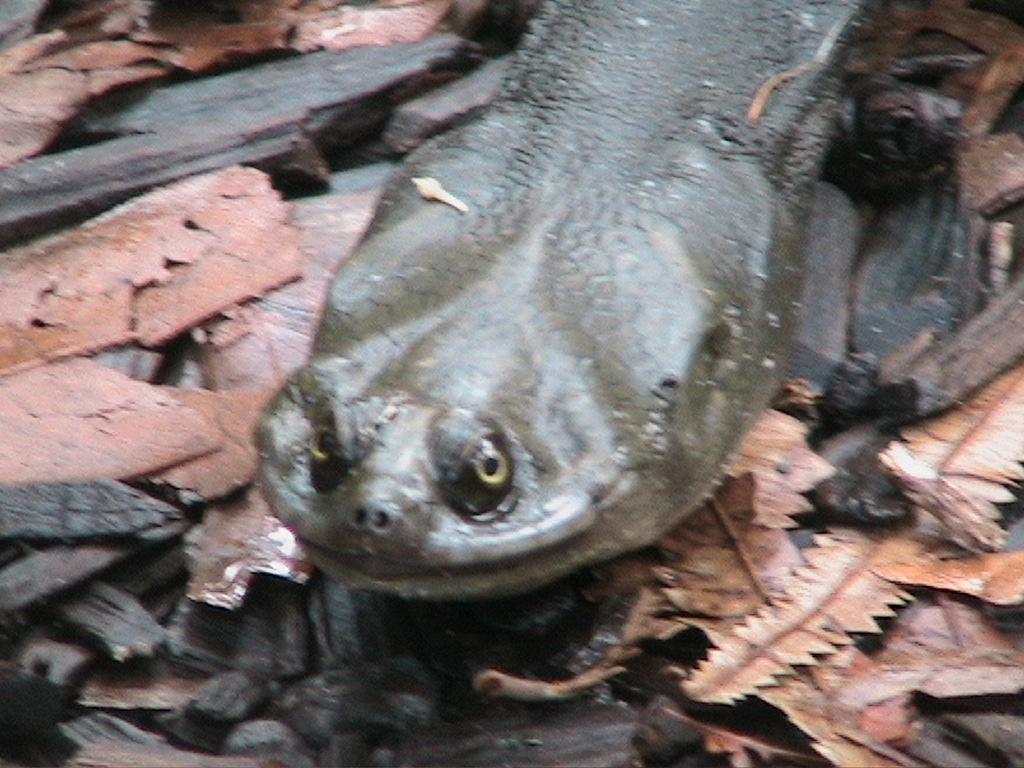A global study reveals that by 2050, obesity and overweight are projected to impact half of Australian children and adolescents.


A global study reveals that by 2050, obesity and overweight are projected to impact half of Australian children and adolescents.

NSW Premier’s announcement: He will not be repealing hate speech laws following the revelation of a criminal conspiracy involving the caravan.

The Buffel Grass Debate: Should Australia Classify This Invasive Species as a Weed of National Importance? Australia is currently grappling with the implications of buffel grass, an invasive species that

Australian Home Affairs Secretary acknowledges using disappearing messages on Signal for official communications.
The findings from this global study are indeed alarming and highlight a critical public health challenge that Australia—and many other countries—will face in the coming decades. With projections showing that half of Australian children and young people could be classified as overweight or obese by 2050, it’s clear that we need to take immediate and effective action to address the underlying causes.
Several factors contribute to this trend, including poor dietary habits, increased screen time, and a lack of physical activity. It’s essential for schools, communities, and families to promote healthier lifestyles through nutrition education, increased opportunities for physical activity, and supportive environments that encourage healthy choices.
Moreover, government policy plays a crucial role in tackling obesity among young people. Initiatives such as nutrition programs in schools, regulation of junk food advertising targeted at children, and investment in community sports facilities are all vital components in combating this issue.
We must also consider the long-term implications of obesity on health care systems, economy, and the overall quality of life for the next generation. By prioritizing efforts to reverse this trend now, we can work towards a healthier future for Australian children and young people. What are your thoughts on potential solutions or actions that could be taken?